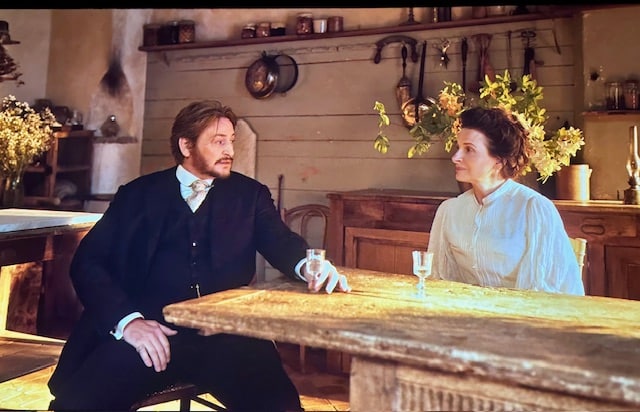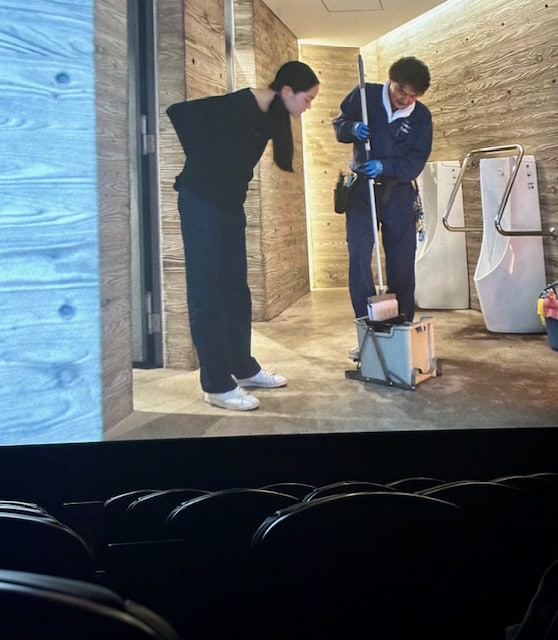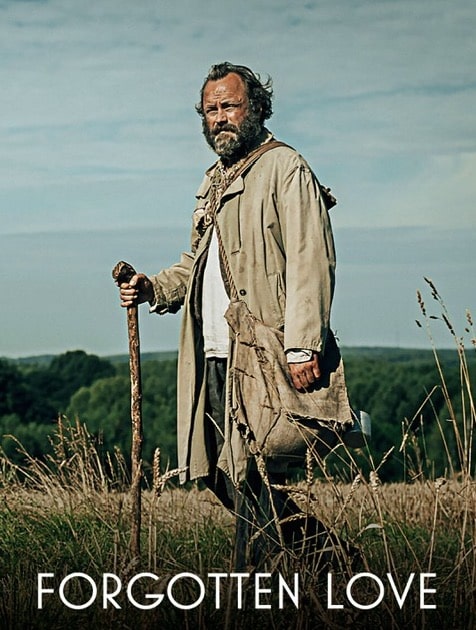In the strangeness of our years, Ash Wednesday and Valentine’s Day were the same day in 2024, many reflecting on their deepest longings with lament, and then before the day was done remembering the loves of their lives sentimentally-born-of-Hallmark et al. In reality both days have a truer home in the honest hope of longing-become-love.
For hundreds of years Christian folk have pondered their mortality—“I am from dust, and to dust I shall return”—on the first day of Lent, gathering together with others of like heart to pray and ponder, receiving the sign of the cross in ashes as a symbol of the truest truths about who we are, and who God is, about what love is and what it is not. And at the same time it is also true that there was a man named Valentine who lived in the 3rd-century, whose life and death we remember for the depth of his commitments to a way of love that was remarkable then, and still is, most of two thousand years later.
But it is love that runs through both these two days.
“What do you love?” is the great question of St. Augustine, arguing that it is the most important question of all, the question that courses its way through every heart, giving shape and substance to what matters most to us. Deeper than “What do you believe?” which we can answer with “sometimes these ideas are important to me,” our answer to “what we love” is the truest window into who we are, and why we are, as our answer is crucial for understanding what we do with our lives.
Always eager for a good story, in the last few weeks I have seen three films which are about love, but only one which seemed worthy of my heart and mind. From different parts of the world, each one tells a tale of love ordered and disordered, perhaps even of love lost and found. Allusively imagined, the directors and actors with stellar reputations, the two films that disappointed me were about the most ordinary things of life, which in itself is extraordinary. Set in 19th-century France, “The Taste of Things” is about the food of our lives, and in particular the cuisine of two chefs who spend the hours of their days in a grand kitchen bringing into being the most wondrous tastes ever and never imagined. On the other hand, “Perfect Days” is set in 21st-century Japan, following the life and labor of a man who cleans the toilets of Tokyo. With apparent gladness and singleness of heart he wakes to the morning light with an eagerness to walk into the public toilets of his city, getting on his knees with brushes and sponges, intent on making each restroom cleaner than seems possible. Most simply said, the one was story about the love of food, and the other about a love for a simple life, both true loves if ordered well.

The Taste of Things, Directed by Anh Hung Tran, Performances by Juliette Binoche, Benoit Magimel, Emmanuel Salinger, Gaumont, 2023.

Perfect Days, Directed by Wim Wenders, Performances by Koji Yakusho, Tokio Emoto, Arisa Nakano, DCM, 2023.
But as much as I wanted to love these films, I did not, disappointed that neither was able to situate the story within a story that made sense of making sense. Listening to every word, watching every face, I hoped, and hoped again, wanting more than was possible, even with the brilliance of France’s most accomplished actor Juliette Binoche in one, and with artful eye of Germany’s brilliant director Wim Wenders over the other. The more stories I hear, the more certain I am that it is hard to tell a good story, to get the story-telling right, so much harder than we expect or imagine.
The third film is “Forgotten Love,” a Polish story that has been told again and again—and in a word it is extraordinary. In fact it was that word that drew me in, reading a review which insisted that the film was that, beyond the pale of every hope. “Extraordinary!” Having read many reviews over many years, I know that a serious critic will never exclaim over an average film. With the love of father for his daughter as the centerpiece of the story, there is drama and disappointment, there is grievous grief and tender affection, all woven together in unfolding the deep care of a daddy for his daughter, of a daughter for her daddy. A few minutes into the film I turned to my wife Meg, surprising myself, “This is beautifully-filmed,” and then as the minutes passed I was intrigued by the richness of the narrative, with complexity and nuance telling a tale that is at the one and the same time very familiar, and yet very rare. While I wish that Netflix, Amazon Prime, and the BBC were full of stories like this, they aren’t, ever-longing for for a kind of cinema that satisfies my soul with the integrity of story-telling manifest in a vision for filmmaking that understands the meaning of metanarrative.
 Forgotten Love, Directed by Michal Gazda, Performances by Leszek Lichota, Maria Kowalska, Ignacy Liss, Netflix, 2023.
Forgotten Love, Directed by Michal Gazda, Performances by Leszek Lichota, Maria Kowalska, Ignacy Liss, Netflix, 2023.
Every story is embedded within a story, a story that either tells the truth about the human condition, or does not—even unusual films about the most ordinary things of your life and mine, like the food we eat and the work we do. And because Augustine’s question about love runs its way through all of history and all of life, when a story misses the meaning of love, ordering the affections of our hearts in ways that are not real and true and right, then at the end of the day, and the popcorn is all gone, I look at Meg, raising my eyes to heaven, wishing that the film had been more, had been about more.
The tastes of our tongues can be sacramental, as the Russian Orthodox theologian Alexander Schmemann sees so eloquently, or as “Babbitt’s Feast” offers us so beautifully in the story set within a too-strictly Lutheran village in Denmark. Heaven and earth are meant to meet in the very way we eat; and the work of our lives is meant to be holy, our worship and our work twined together in a rich image like “avodah,” but when all of life and all of eating is without windows to transcendence, then when the last dish is washed or the final toilet cleaned all we can do is sigh.
But that is why a film like “Forgotten Love” is a gift. Beautiful and true, with extraordinary grace it offers a love that is born of sacrifice, a thousand choices forming a love that transcends time, rooted as it must be in commitment and hope… a little bit like Lent.





